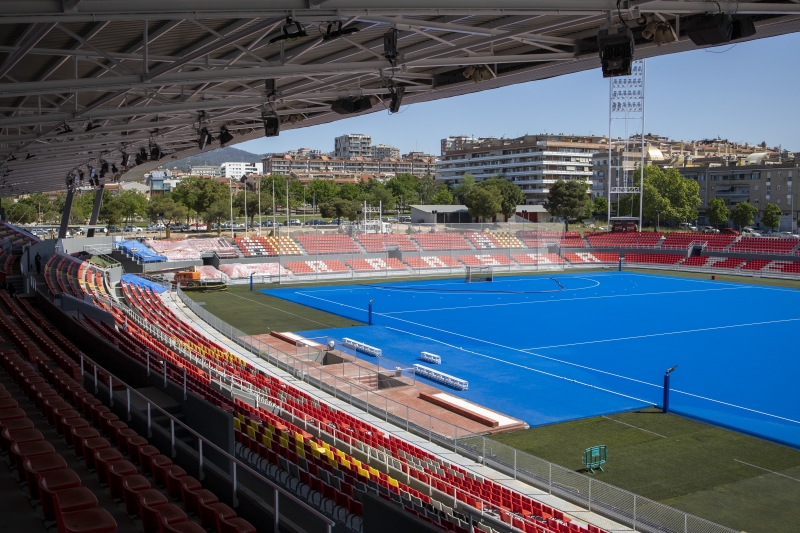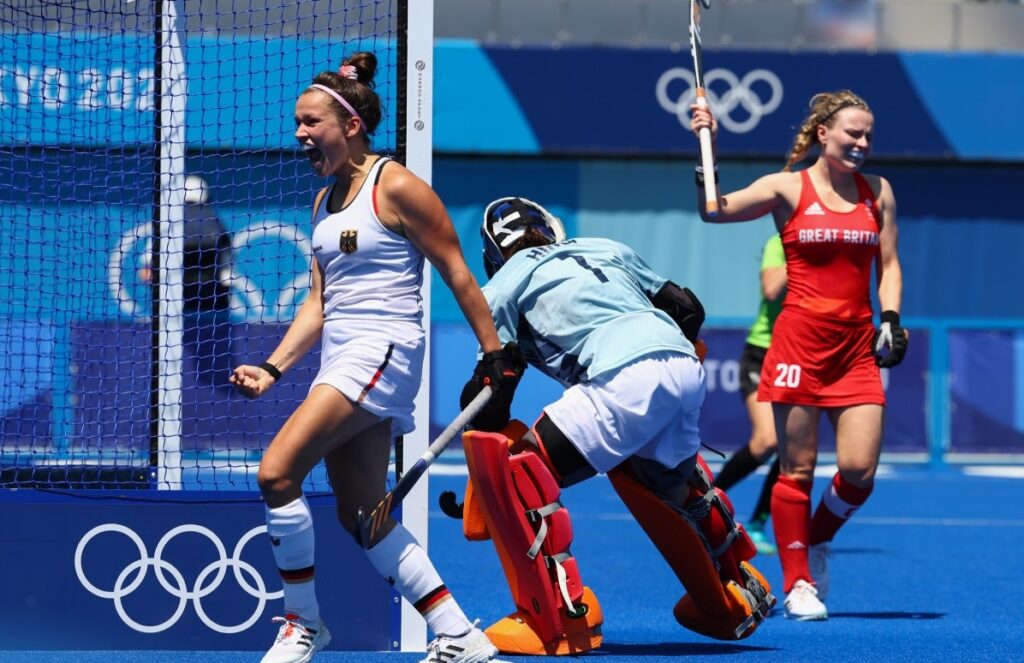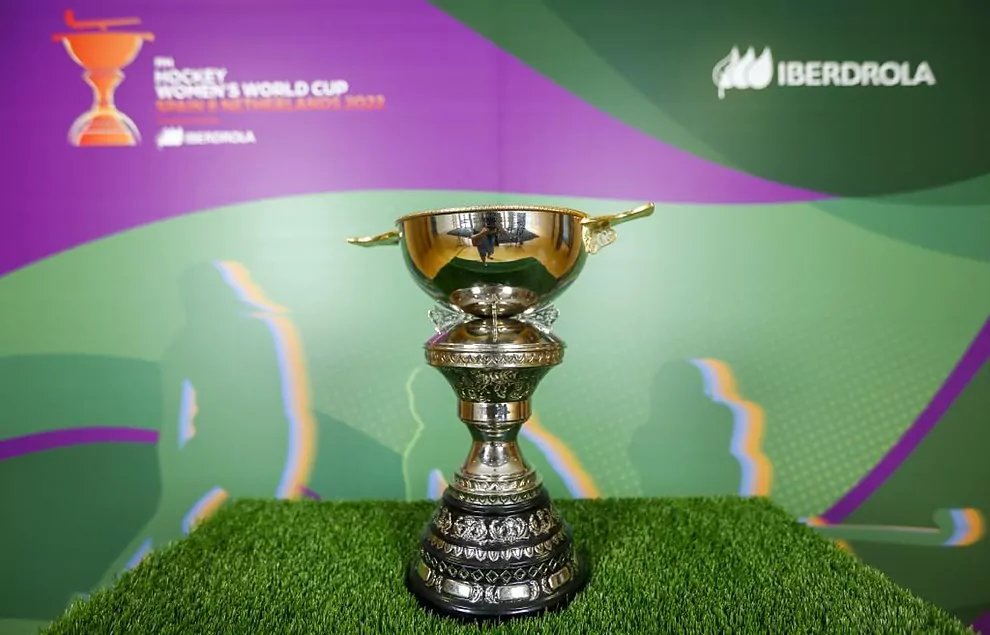Who’s pitted with who?
Pool A: Netherlands, Germany, Ireland, Chile
Pool B: England, New Zealand, India, China
Pool C: Argentina, Spain, Korea, Canada
Pool D: Australia, Belgium, Japan, South Africa
The opening match will see hosts Spain taking on Canada, on July 1, in Terrassa. Full fixtures and match schedule is here.
All our FIH World Cup coverage is here
The Olympic Stadium
The revamping of the Olympic Stadium in Terrassa for this year’s World Cup – one of two venues alongside the famed Wagener Stadium in Amsterdam, which needs no introduction – is the second to be carried out since its construction in 1960. It cost a total of 4.7 million euros, with the football outfield replaced by the state-of-the-art astro. From tired stadium to up-to-date venue, Terrassa officials also replaced all seats, changing rooms and exterior, while the capacity is about 7,500 as Spain women go for successive medals.
Spain captain Georgina Oliva, who hails from Terrassa, says: “This stadium is spectacular. We always say that Terrassa is the city of hockey. We have a lot of Olympics thanks to hockey. We will try to respond to people with a medal. We are a minority sport, which needs help to move forward and the more people are encouraged to play hockey, the more quality we will gain in the future.”
Meanwhile, the Wagener Stadium is expecting 9,500 sell outs for its Dutch games. The sea of Orange will overlook a blue pitch, FIH rules stating that its usual green pitch must be replaced for the World Cup. Following that, the Wagener will revert to green.

World Cup history – Mostly all Dutch
The first edition was held in 1974 – three years after the first men’s World Cup – the Dutch paving the way for the decades ahead in beating Argentins 1-0 in the final.
The Dutch won a World Cup hat-trick in 1983, 1986, and 1990, making them the most successful team in the history of the competition – and will attempt another trio of titles this time.
Not the first Spanish showpiece
In 1971, Barcelona hosted the first men’s edition, while 1978 and 2006 saw Madrid selected as the city to host past Women’s World Cups. Barring the 1992 Olympics, Terrassa also has also held the men’s Champions Trophy in 2006.
Breathing some World Cup fire
The tournament’s mascot, Lyla, is “a lovely dragon symbolizing the values of women in hockey: passion, strength, wisdom, change, courage, vitality, protection and majesty.”

Stat Attack
The 100th World Cup goal of the Orange women’s hockey came in the name of Marieke van Doorn at the 1986 World Cup in Amstelveen.
In total, the Oranje have scored 295 goals in World Cup history, the most of all countries.
Form Guide
After their Pro League waltz, Argentina head to the World Cup in fine fettle, having played 14 games of 16 planned Pro League games, winning 12 and remaining undefeated as Las Leonas won their first League and taking the mantle away from the Dutch.
The co-hosts Netherlands have looked threatening in the Pro League and will be irked that they lost a first title since the 2016 Olympics. Nevertheless, they have endured a rollercoaster year where they lost coach Alyson Annan while the team went through an indepedent review over a toxic culture. A new coach, several new players and some of their top stars rested following a long Hoofdklasse, the Dutch will be at full strength as they co-host the tournament.
Elsewhere, Australia will always be a threat but the unknown still abounds as to their form, having played no tournament hockey since the Olympics. India will be looking to avert their fourth place in Tokyo by medalling for the first time at a World Cup while there could be upsets galore, with Annan now overseeing China.
European threats will come in the shape of Belgium and Germany and they will hope to hit their straps in July after plenty of player rotation in the Pro League. It will be interesting to see how Belgium fair after not competing in last summer’s Tokyo Games.

What they say…
Jami Mulders is the Netherlands’ coach for the World Cup before he departs the scene. The German oversees the world No 1 side, which will be going for their ninth World Cup title in 15 editions. No pressure.
“It’s a big thing and lovely to be part of it,” he said. “But it’s not up to me, it’s up to all of us. It’s about managing emotions and expectations and the time on and off the pitch.
“You need to focus on the internal things which can influence and accept what you can’t influence. We are really looking forward to it. It’s about making sure we have the right team on board who are ready to go.
“Second of July Wagener Stadium 830, that’s what’s it’s about and then it’s about the performance of the World Cup. I have a lot of confidence in these girls for the World Cup and I’m not worried about it.”




